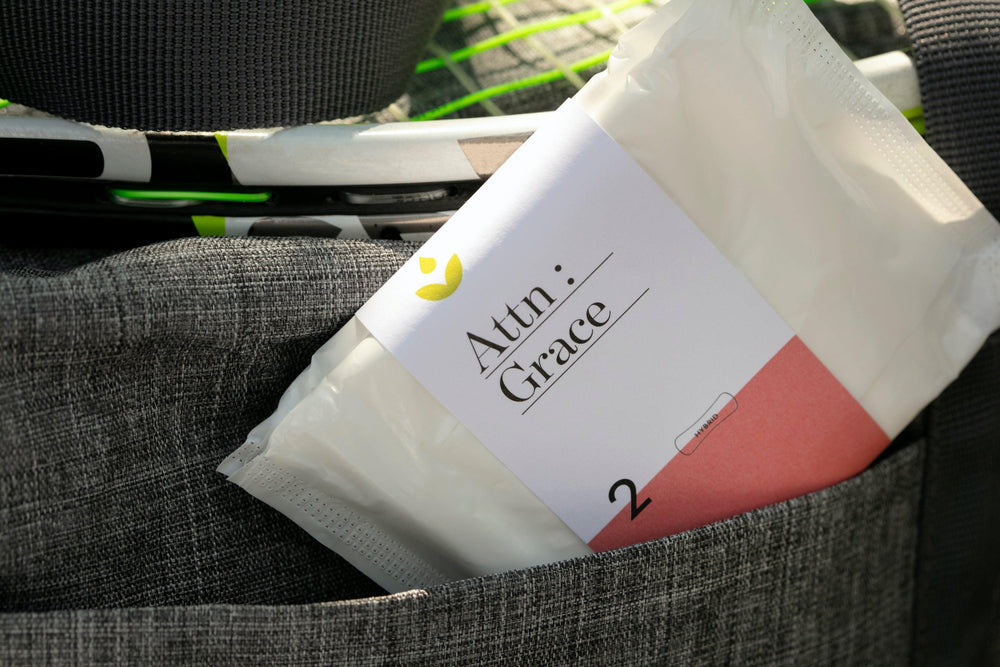Table of Contents
What physical changes can I expect postpartum?
After childbirth, your body will undergo a lot of changes in the time called "postpartum". You are likely to experience heavy bleeding in the first few days after childbirth, which starts off as a deep red heavy flow and will get lighter and more pinkish in subsequent days. Small plum-sized blood clots are normal, as are uterine cramps, but you should see a professional if your clots are larger than a quarter or if your heavy bleeding persists for more than a few days. This could indicate postpartum hemorrhaging, a serious complication that requires urgent medical attention.
What is postpartum urinary incontinence?
Aside from heavy bleeding postpartum, you may experience temporary urinary incontinence. After the stress of childbirth, your pelvic floor muscles are likely to be weakened. Bladder leaks may occur throughout the day, or when you laugh, cough, or sneeze. This is normal, and you can use incontinence products to manage your bladder leaks as well as your postpartum period.
What are postpartum pads?
Postpartum pads are specially designed pads that you can use to absorb your postpartum period as well as urine from your bladder leaks. Hybrid pads are formulated to absorb both blood and urine, but any urinary incontinence product may be used. This product guide can help you identify some incontinence products that are right for you, depending on your flow and personal preferences. You should get pads that use natural ingredients, and are dermatologist-approved. Products with synthetic fragrances and artificial ingredients are likely to irritate your skin, which is especially sensitive immediately after childbirth. Depending on your flow and absorbency needs, you can opt for postpartum briefs or panty liners instead of pads. You may want to get a mix of products that you can use as your flow gets lighter over time. No matter what products you select, be sure to change them every couple hours or as needed to stay fresh and avoid the risk of infection.
What is a postpartum UTI?
You may contract a urinary tract infection after childbirth, usually from a catheter that can expose the urinary tract to bacteria. It is important to stay alert and notify your doctor if you notice any of the associated symptoms. If you experience painful urination, your urine has a strong odor, or you have nausea, fever, or chills, you may have a UTI. To prevent this, you should drink lots of fluids and urinate regularly to rid your body of fluids.
Should I seek out pelvic floor therapy?
A pelvic floor therapy specialist can help you strengthen your pelvic floor muscles and mitigate urinary incontinence. Kegels and other pelvic floor exercises are good for rebuilding muscle strength, but consult a professional to avoid over-exerting yourself immediately postpartum. It is important to consult a specialist to make sure you are adopting proper technique for physical therapy exercises. You can find a pelvic floor therapy specialist at this directory, and they can assist you with your recovery.
Want More on Postpartum Health?
Learn More About Urinary Incontinence:
Take the Quiz: Finding the Right Product for you.
Normalize This: Urinary Incontinence
